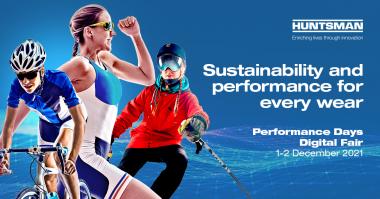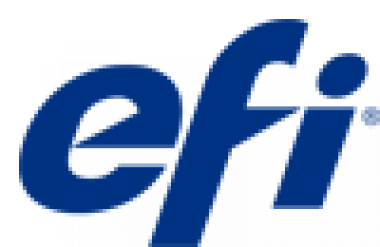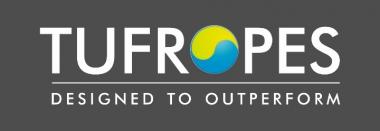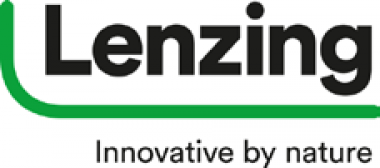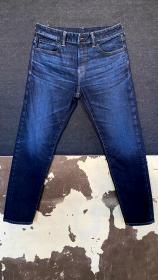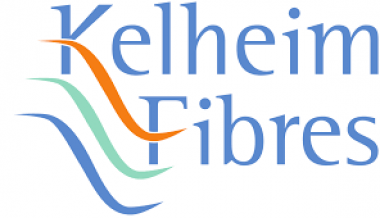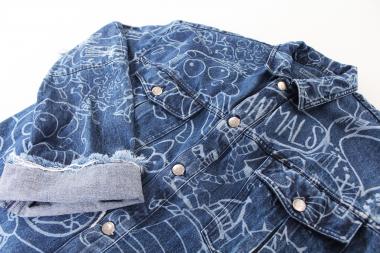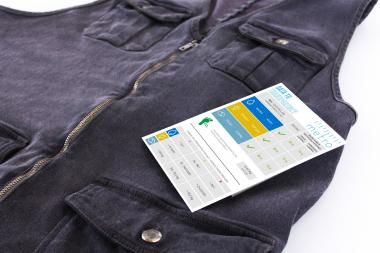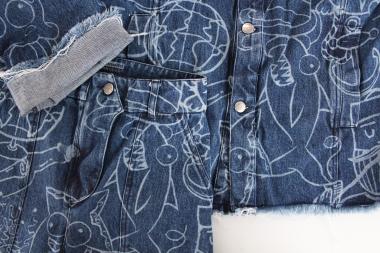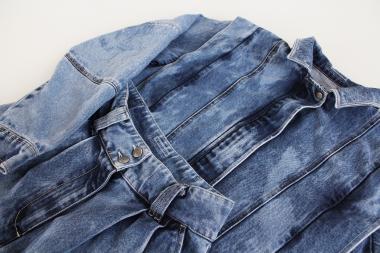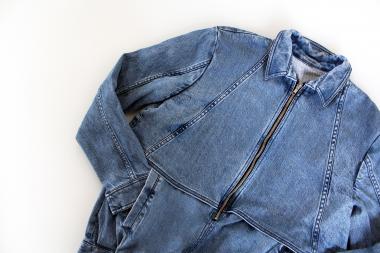Huntsman Textile Effects at Colombiatex 2022
- High-Performance Solutions and Protection Effects
Huntsman Textile Effects, a global leader in innovative and sustainable textile dyes and protection effects, is bringing a complete suite of solutions for performance apparel, technical textiles and casual wear to Colombiatex de las Américas 2022 from January 25 to 27.
Sustainable solutions
Huntsman Textile Effects will showcase the latest addition to the third generation of its AVITERA® SE polyreactive dye range; it delivers brilliant bluish-red shades while reducing the water and energy required for production by up to 50% and increasing mill output by up to 25% or more. It also outperforms the best available dyeing technologies for cellulosic fibers and blends in terms of value by reducing recipe costs, minimizing processing costs and eliminating reprocessing.
ERIOPON® E3-SAVE is another next-generation water-saving innovation. An all-in-one textile auxiliary for polyester processing, it allows pre-scouring, dyeing and reduction clearing to be combined in a single bath and eliminates the need for anti-foaming products. This shortens processing time and saves water and energy.
rPET processing innovations
As leading brands begin to work towards a circular economy for textiles, mills are being asked to overcome challenges associated with transforming recycled polyester (rPET) into high-quality new textiles. Huntsman Textile Effects is presenting an end-to-end solution for achieving full whites and consistent shades on rPET with right-first-time quality. This eco-friendly rPET processing solution includes pre-treatment chemicals, fluorescent whitening agents, state-of-the-art washfast dyes, and finishing solutions for high-performance protection and comfort.
Washfast disperse dyes for polyester and man-made fibers
TERASIL® BLUE W is the latest addition to Huntsman’s TERASIL® W/WW range of washfast disperse dyes for polyester and man-made fibers and their blends. Crucially, it is not sensitive to reduction, leading to higher reproducibility, higher right first-time results and operational excellence. It also reduces overall water and energy consumption, as well as water effluent. TERASIL® BLUE W offers high build-up for deep blues that stay vibrant.
Next-generation odor control
In partnership with Sciessent, Huntsman Textile Effects presents antimicrobial and odor-control solutions to Colombiatex to enable mills to produce garments that smell fresh for longer and need less frequent washing. Featured is Sciessent’s new anti-odor technology - NOBO™. It is specifically designed to reduce odors in natural and synthetic fabrics; it can be incorporated into virtually any fabric. From base layer and activewear tops to socks and underwear to jeans and chinos. It offers a cost-effective way to upgrade everyday products and add value to your customers.
“Sustainability is becoming a priority for regulators in South America and around the world, and consumers are increasingly keen to make a difference by choosing green brands,” said Ben Powell, Commercial Director Americas, Huntsman Textile Effects. “Huntsman is redefining what’s possible to help textile and apparel companies make the shift to more environmentally sustainable operations while enhancing their competitiveness at the same time. Our innovations make it possible to benefit from efficiency gains and resource savings in the factory as you deliver products that stand out in the market.”
Huntsman Textile Effects
Huntsman TextileEffects











